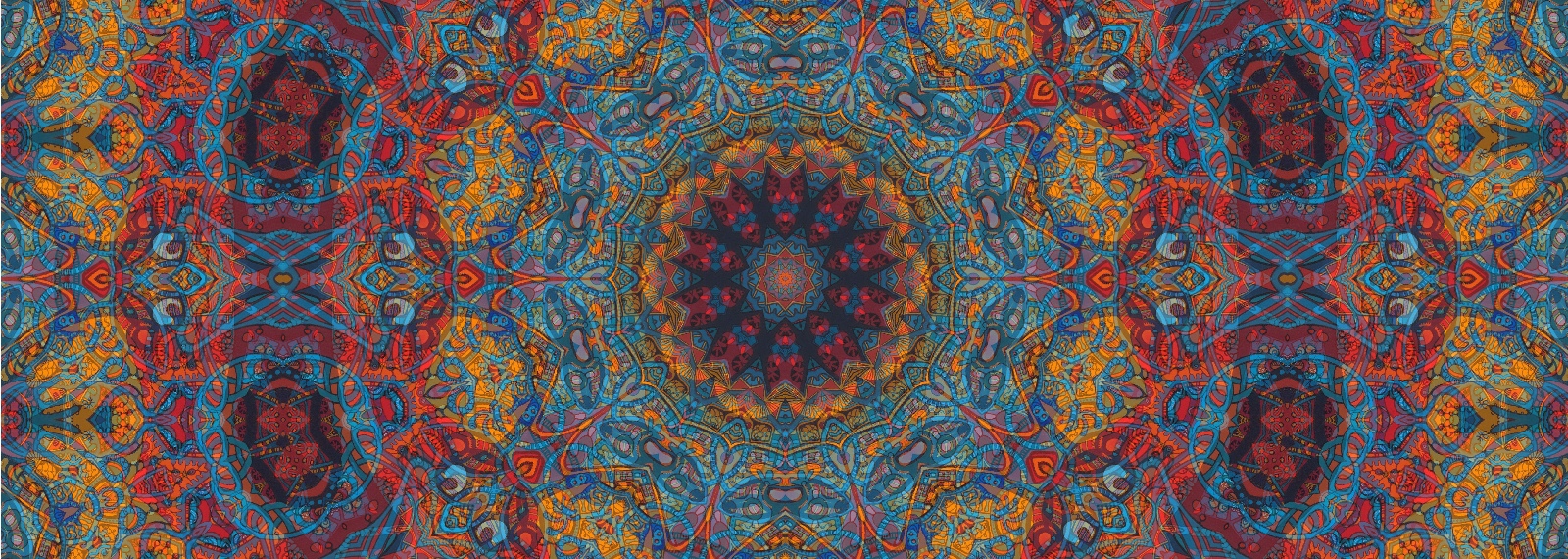Episodes

Sunday Apr 28, 2024
WHAT IS FASCISM? 4 - SATURN EATS HIS SON & THE DEATH INSTINCT
Sunday Apr 28, 2024
Sunday Apr 28, 2024
In this wide-ranging podcast, I interpret Goya's painting of the early 1820s, Saturn Eating His Son. This leads me to considerations of Freud's notion of Thanatos or the death instinct, Nietzsche's readings of human cruelty and its relationship to the will to power, current affairs and recent history, particularly with respect to all too common orgies of depraved destruction of life. I describe how the death instinct and the possibility of joy in cruelty are mobilsed by the rich and powerful in pursuit of their own agenda. [Free. 24 minutes.]

Sunday May 14, 2023
CLICK BAIT, RAGE BAIT & CALM BAIT
Sunday May 14, 2023
Sunday May 14, 2023
In this podcast, we discuss rage bait and its role in the manipulation of behaviours through news and social media and what seems to be the deliberate arousal of strong emotions. We consider the application of behavioural science in conjunction with massive amounts of data collected by big tech in the persuasion business, especially as applied to nudging election results. The discussion ranges wide and includes a comparison of psychoanalytic approaches to behaviour manipulation with those derived from behaviourism. [Free. 34 minutes.]

Sunday Apr 30, 2023
OUR BIGGEST DANGER?
Sunday Apr 30, 2023
Sunday Apr 30, 2023
In this podcast, we consider Nietzsche's assertion that "Our biggest danger is disgust at man." The discussion ranges wide and includes an appraisal of Nietzsche's counter-insight that life is redeemed by art. [Free. 39 minutes.]

Tuesday Dec 07, 2021
LAO TZU 42
Tuesday Dec 07, 2021
Tuesday Dec 07, 2021
In this podcast, we consider Chapter 55 of Lao Tzu's Tao Te Ching in which the cognitive innocence and perceptual freshness of the child is evaluated and lauded. [Free. 17 minutes.]
![DESIRE & THE FUTURE [YES & NO 6]](https://pbcdn1.podbean.com/imglogo/image-logo/771447/hyradiologobig2_300x300.png)
Sunday Jun 09, 2019
DESIRE & THE FUTURE [YES & NO 6]
Sunday Jun 09, 2019
Sunday Jun 09, 2019
This podcast, recorded in November 2018, continues with commentary on the Songs of No and Yes, and explores the theme of desire further. As well as asking if determinism universally applies, I ask what would be the existential consequences if it did. I conclude that metaphysical issues, like free will - determinism are probably undecidable, and, in this case, of no existential consequence. The upshot for meditation practitioners is that they are well-advised to be engaged with the world and to make efforts to make a future of flourishing for self and others, rather than repudiating creativity, politics and altruism because "what will be, will be." (If such is their bent.) The practice of letting be with bright awareness, I argue, should be understood as applicable to all aspects of lived experience, including the active, creative and passive. The role of determinism in the scientific method is briefly considered. [Free. 18 minutes.]
![DESIRE, ACTION, TIME [YES & NO 5]](https://pbcdn1.podbean.com/imglogo/image-logo/771447/hyradiologobig2_300x300.png)
Sunday May 26, 2019
DESIRE, ACTION, TIME [YES & NO 5]
Sunday May 26, 2019
Sunday May 26, 2019
In this podcast, I continue to explore the matter of human desire. I relate it to our embeddedness in time, to suffering and to our motivations to act. [Free. 26 minutes.]
![DESIRING TRUTH [YES & NO 4]](https://pbcdn1.podbean.com/imglogo/image-logo/771447/hyradiologobig2_300x300.png)
Saturday Feb 16, 2019
DESIRING TRUTH [YES & NO 4]
Saturday Feb 16, 2019
Saturday Feb 16, 2019
This podcast is a commentary on the poem Desiring Truth from Songs of No and Yes. The poem outlines the enormous philosophical difficulties encountered in the quest for the truth about truth and contrasts them with the ease with which we employ our ordinary, common sense, adequationist notion of truth very effectively in everyday life. In the commentary, I draw on Patanjali's account of truth and knowledge in the Yoga Sutra, finding nothing problematic in our ordinary truth telling whilst suggesting that our various encounters with the ineffable, samadhi, have a valuable but unstateable truth content. I also note Patanjali's method of uncompromising truthfulness as an approach to the ineffable as encountered in the microcosm in the practice of self-study. [Free. 28 minutes.]

Saturday Jan 12, 2019
LAO TZU 16
Saturday Jan 12, 2019
Saturday Jan 12, 2019
In this podcast, we elucidate Chapters 27 and 28 of the Tao Te Ching. Both chapters deal with the character of the sage and how s/he might operate as a ruler who can bring about harmonious social organisation. The wisdom of the sage is considered to be different from what is ordinarily understood as goodness. In Chapter 28, the meditative approach that is associated with sagacity is outlined. It's emphasis is on receptivity, letting be, yin energy, flow and oneness whilst not denying the value of creativity, practical activity and taking care of people. [Free. 29 minutes.]
![EXPERIENCE [NO & YES 2]](https://pbcdn1.podbean.com/imglogo/image-logo/771447/hyradiologobig2_300x300.png)
Monday Dec 10, 2018
EXPERIENCE [NO & YES 2]
Monday Dec 10, 2018
Monday Dec 10, 2018
This podcast is the second in the series Songs of No and Yes. It revisits the theme of the previous one, that of sitting meditation. The perspective is a little different and there is a strong 'no', or sealing off of escape routes which we are likely to attempt when the rawness of sitting is encountered. It also repudiates metaphysical speculation, grand-narratives, and other such hubris, seeking to point towards the ineffable rather than attempt to 'eff' it. [Free. 17 minutes.]
![SITTING [NO & YES 1]](https://pbcdn1.podbean.com/imglogo/image-logo/771447/hyradiologobig2_300x300.png)
Friday Nov 30, 2018
SITTING [NO & YES 1]
Friday Nov 30, 2018
Friday Nov 30, 2018
This podcast is the first in a series of commentaries on my own poems in Songs of No and Yes. These are primarily for yoga people, particularly those who would 'teach' others. The first one deals with sitting practice and the productive dialectical tension between self-study and the call of the world. It deals with the suffering of self and others and the temptations to let 'spirituality' settle into escapism. [Free. 32 minutes.]

